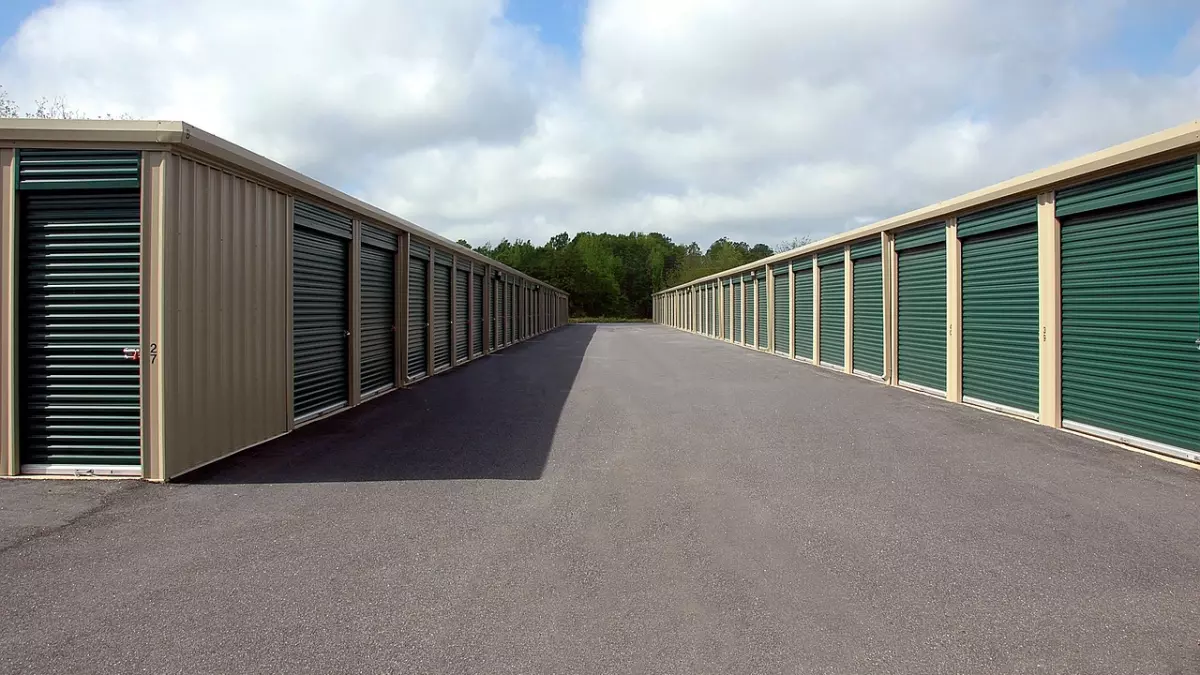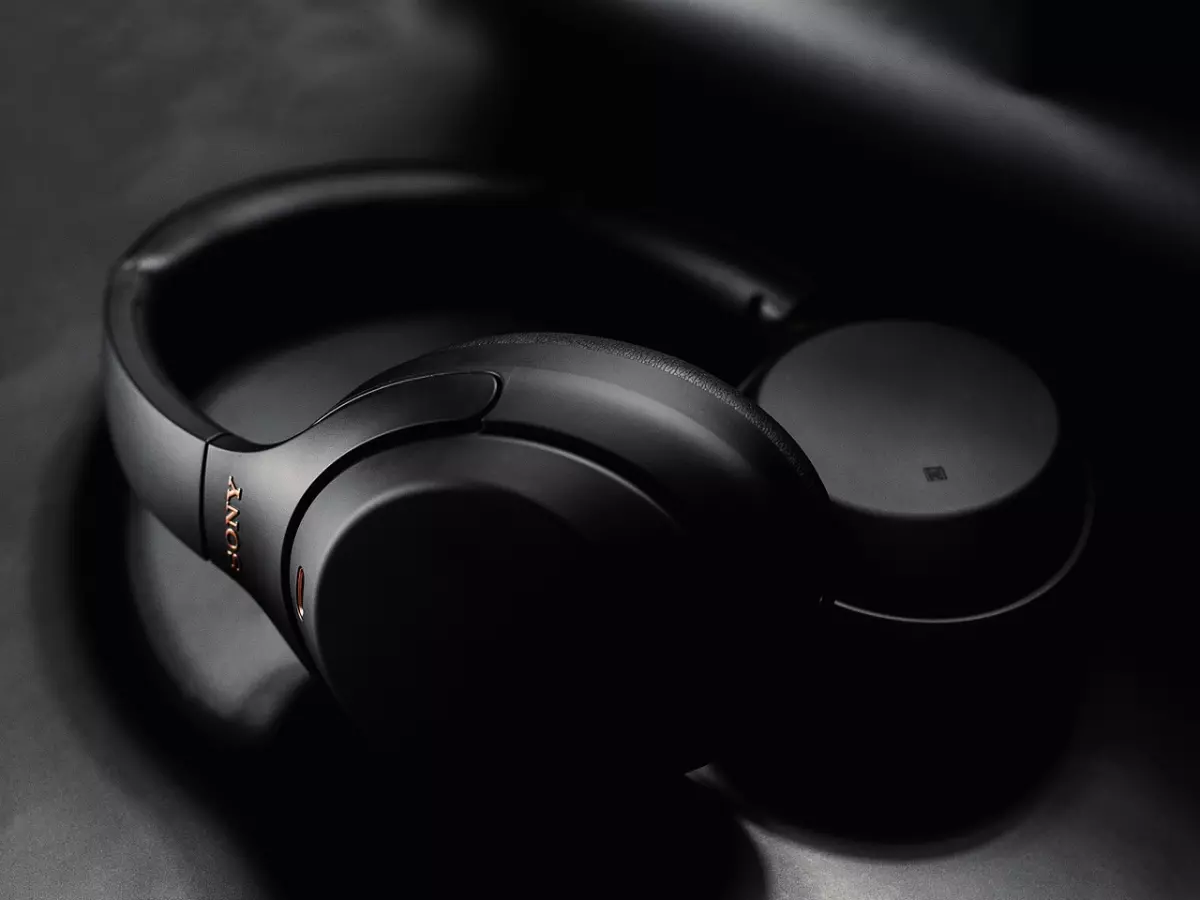SSD vs HDD
Ever wonder why your gadget feels like it's stuck in slow motion? It might just be your storage giving you the cold shoulder.

By Sarah Kim
Why does storage matter so much in gadgets? Sure, we all know that more storage means more room for your cat videos, but what about the type of storage? That’s where the real magic happens. Whether you’re team SSD or team HDD, the type of storage in your gadget can make or break its performance. So, let’s dive into the age-old battle of SSD vs HDD and see which one really deserves your love.
What’s the Difference Between SSD and HDD?
Let’s break it down. HDDs (Hard Disk Drives) are the OGs of storage. They’ve been around since the dawn of time—or at least since the 1950s. HDDs use spinning disks to read and write data, which is why you might hear a faint whirring sound when your device is working overtime. They’re like the vinyl records of the tech world—classic, reliable, but a bit slow on the uptake.
On the flip side, SSDs (Solid State Drives) are the cool new kids on the block. Instead of spinning disks, SSDs use flash memory to store data. No moving parts mean faster access times, less noise, and better durability. It’s like comparing a sports car to a horse-drawn carriage—one’s sleek and fast, the other gets the job done but takes its sweet time.
Performance: Speed is Everything
Let’s be real—nobody likes waiting. Whether you’re booting up your laptop, loading a game, or transferring files, speed matters. SSDs are known for their lightning-fast speeds, making them the go-to choice for anyone who values performance. They can read and write data up to 10 times faster than HDDs. That means faster boot times, quicker file transfers, and less time staring at that annoying loading screen.
HDDs, on the other hand, are like the tortoise in the race. They’ll get there eventually, but don’t expect them to break any speed records. If you’re using your gadget for basic tasks like browsing the web or writing emails, an HDD might be just fine. But if you’re into gaming, video editing, or anything that requires some serious horsepower, an SSD is the way to go.
Durability: Can Your Storage Take a Hit?
Ever dropped your phone or laptop and held your breath, hoping it didn’t break? Yeah, we’ve all been there. When it comes to durability, SSDs are the clear winner. Since they don’t have any moving parts, they’re less likely to get damaged if your device takes a tumble. HDDs, on the other hand, are a bit more fragile. Those spinning disks can get knocked out of alignment if you’re not careful, which could lead to data loss or a complete meltdown of your storage system.
Longevity: How Long Will It Last?
Here’s where things get interesting. While SSDs are faster and more durable, they do have a limited number of write cycles. This means that over time, the more you write data to an SSD, the closer it gets to wearing out. But don’t freak out just yet—most modern SSDs are built to last for years, and unless you’re constantly writing massive amounts of data, you’re probably good for the long haul.
HDDs, on the other hand, don’t have the same write cycle limitations. However, because they have moving parts, they’re more prone to mechanical failure over time. So, while an HDD might last longer in theory, it’s also more likely to break down due to wear and tear.
Price: What’s the Damage?
Ah, the age-old question—how much is this going to cost me? SSDs are generally more expensive than HDDs, especially when you’re looking at higher storage capacities. If you’re on a tight budget and need a lot of storage space, an HDD might be the way to go. But if you’re willing to shell out a bit more cash for faster speeds and better durability, an SSD is worth the investment.
The Verdict: Which One Should You Choose?
So, which one is better? It really depends on what you’re using your gadget for. If you’re all about speed, performance, and durability, an SSD is the clear winner. But if you’re looking for a more budget-friendly option with a lot of storage space, an HDD might be the better choice.
At the end of the day, it’s all about finding the right balance between performance and price. And hey, if you really can’t decide, why not go for a hybrid setup? Some gadgets offer a combination of SSD and HDD storage, giving you the best of both worlds.
So, next time you’re shopping for a new gadget, don’t just look at the storage capacity—think about the type of storage, too. It could be the difference between a device that zips through tasks and one that drags its feet.





